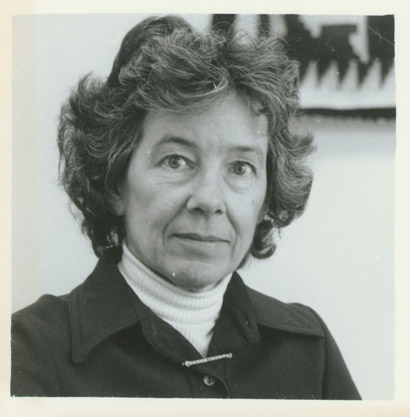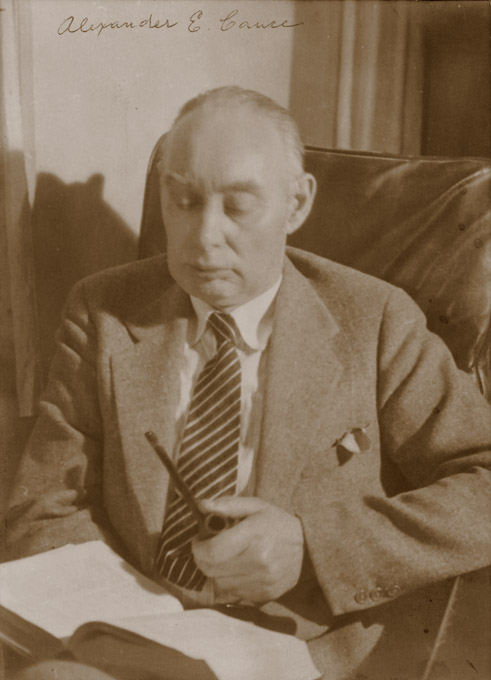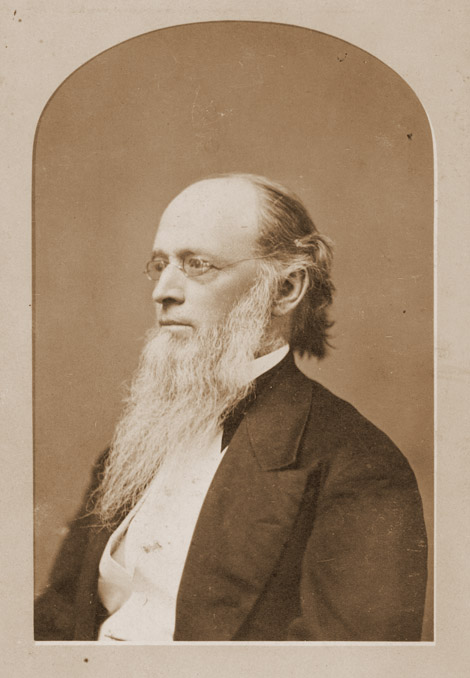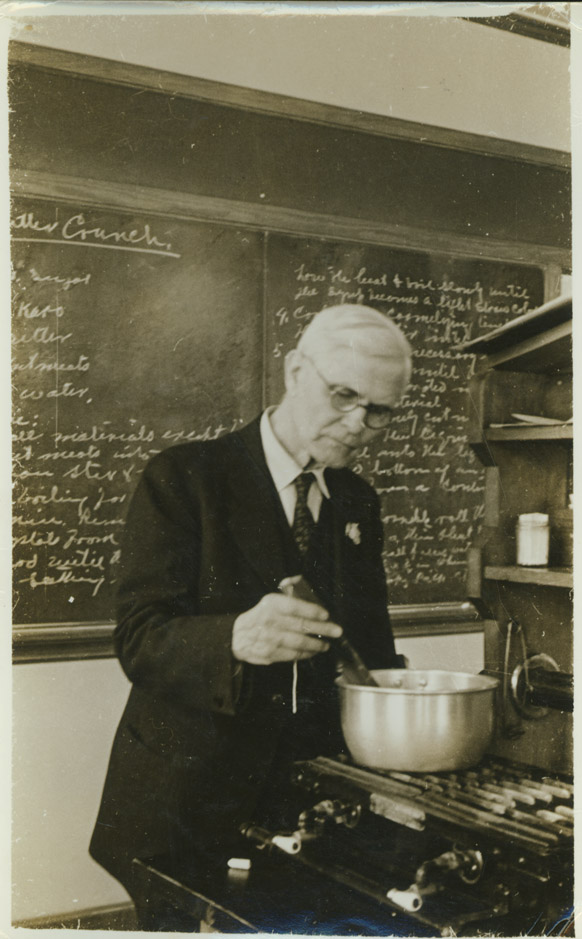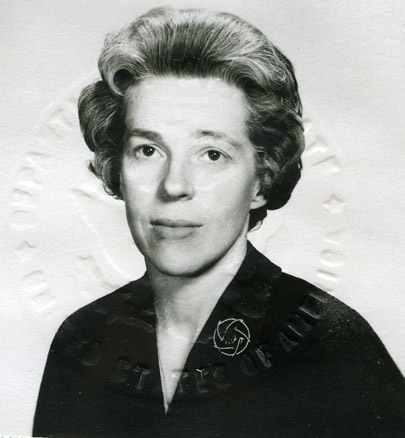Alfred Alexander Brown Papers
Before his graduate work at Amherst College and Harvard University, Alfred Brown received both his bachelor’s (1931) and master’s (1933) degrees from Massachusetts State College in animal husbandry and agricultural economics. In 1935, he returned to his alma mater as assistant research professor in Agricultural Economics, earning promotion to full professor in 1948, with a focus on Marketing and Transportation. During World War II, Brown served as a transportation economist with the War Food Administration and as a consultant for the Office of Defense Transportation. Although Brown retired from teaching in 1972, he continued to work as a consultant for the United States Department of Transportation in Africa until his death in 2000.
The Brown Papers include published and unpublished transportation writings, correspondence, biographical and personal notes as well as notes for research and teaching, newsclippings, motion picture films, and slides. Also included among the papers are files related to Brown’s university service, including the Alumni War Memorial Fund, the University Centennial Committee, and the Alpha Chapter of Phi Sigma Kappa.


